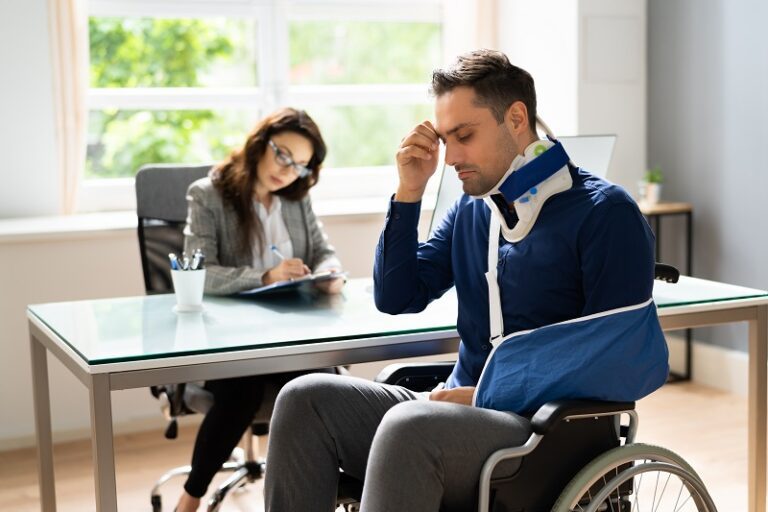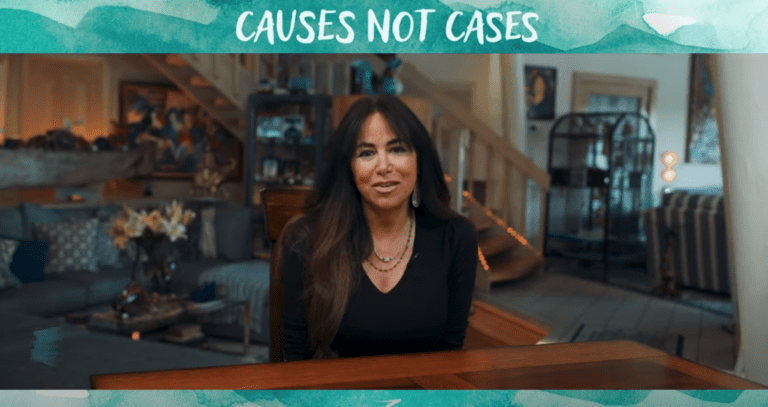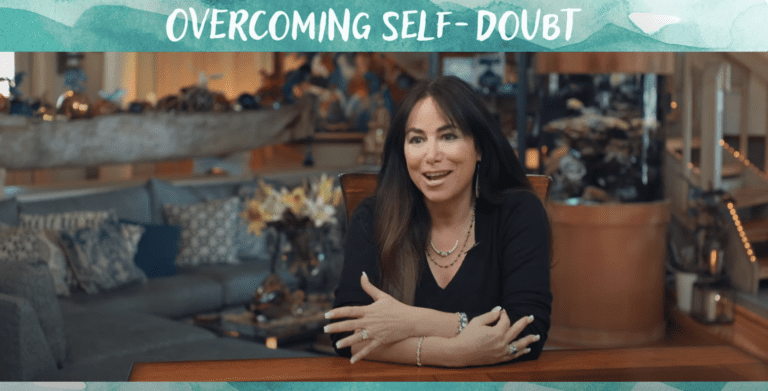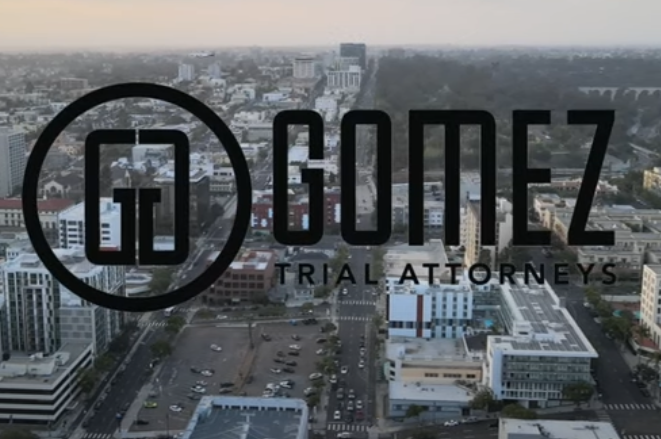Some people believe that participants in contact sports assume the risk of injury. And it is fair to assume that players might get a small cut or bruise during a game. But what about something much more serious, like a concussion?
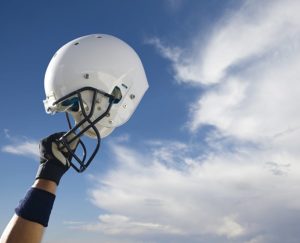 Just because a person plays football or a similar sport does not mean they’re willfully signing up to suffer a concussion. For this very reason, football players wear specific padding and helmets to limit the chance of a serious injury.
Just because a person plays football or a similar sport does not mean they’re willfully signing up to suffer a concussion. For this very reason, football players wear specific padding and helmets to limit the chance of a serious injury.
But what about when protective athletic gear fails to keep athletes safe?
The law holds safety equipment manufacturers to a reasonable standard, and they must sell products that work as designed. The company must back any claims it makes about its products with facts.
Still, many individuals who play sports sustain injuries every year even when they’re wearing protective gear that works as intended. This has led engineers to try to design a concussion-free football helmet. So far, they have not succeeded.
[lwptoc]
How Do I Know if I Have Suffered a Concussion?
Concussions are a form of traumatic brain injury (TBI). If you believe that you or someone you know may have suffered a concussion, seek medical care immediately. Only a doctor can diagnose a TBI.
Concussions and other TBIs can occur as the result of a bump, jolt, or blow to the head or body that causes the head to move quickly back and forth. Even a “small” impact (like a ding or mild bump) has the potential to lead to serious brain injury symptoms.
TBI symptoms can include:
- Difficulty sleeping (this can include insomnia, altered sleeping patterns, etc.)
- Trouble thinking
- Memory problems
- Attention deficits
- Depression
- Frustration
- Headache
- Nausea
Thinking and memory impairment may take several forms after a concussion. Amnesia and difficulty answering questions are common.
A Concussion Can Occur Without Impact to the Head
We can’t say this often enough: A concussion can occur without impact to the head.
Many people believe that a concussion involves something striking a person’s head (or a person striking their head on something). Often, this is the case. Plenty of sports concussions occur when players’ heads collide with other people or objects.
But many concussions occur without any strike to the head. Even a small jolt can cause someone’s brain to move around inside of their skull. That’s all it takes for someone to suffer a concussion.
When a free safety hits a wide receiver in the chest with his shoulder, the receiver’s head can jolt back. When the safety finishes the tackle by bringing the receiver to the ground, the head can jolt again, even if the receiver lands on his back and his head never strikes the turf.
High School Football Players and Brain Injuries
At Purdue University, researchers have worked hard for more than a decade studying how concussions affect the brains of high school football players.
- During one season, a high school referred six students with visible concussion symptoms to the researchers; the scientists actually identified a total of 17 players who had experienced brain changes. They used Magnetic Resonance Imaging (MRI) to see these changes.
- These high school football players experienced damage to their neurons and the glial cells in their brains; they still showed symptoms of incomplete recovery as many as two to five months after season’s end.
- Some players displayed no symptoms despite brain changes showing up through MRI scans; chemical changes often alter the levels of some neurotransmitters during and after a concussion, but may not cause outwardly obvious symptoms.
It’s clear: Athletes face a risk of concussion when they’re on the field, and many of them suffer brain injuries without even knowing it. Players, parents, coaches, and other game officials must know that brain injuries can occur during practice and play.
How Can I Prove the Presence and Effects of a Concussion?
Proving that a person suffered a concussion and that it had impacts on their health is critical to winning compensation in a legal claim. If you cannot prove that the plaintiff suffered some type of injury, the plaintiff has no basis for a case.
Most concussions do not show signs of injury on advanced brain imaging scans, so a concussion victim’s legal and medical team must work together to prove injury in other ways.
If you believe you have suffered a brain injury and wish to pursue a brain injury claim, your attorney will likely work with medical professionals throughout your case. They might even bring in doctors to testify about your symptoms or about why they believe you have a concussion even if that concussion is not visible using advanced imaging.
The Importance of Instituting and Following Concussion Protocols—Not Using Safety Equipment as a Substitute
Players, coaches, and other officials should never use safety equipment as a substitute for concussion protocols in any sports setting. No equipment can keep athletes safe from brain injuries. That means that governing bodies need to create and enforce concussion prevention protocols to improve player safety. According to medical experts, the helmet needs to be a player’s third barrier of defense against a concussion.
So what, then, are those first two barriers?
Football’s rules and the coaches need to serve as the first two barriers of defense against concussions. Without changes to athletic protocols and improved awareness centered around concussion risks, football players are likely to continue to experience high rates of TBIs.
Helmets and Mouth Guards: The Role of Personal Equipment in Prevention Sport-Related Concussions
Research published in 2012 further demonstrates that personal sports equipment alone is not enough to keep athletes safe from concussions.
The unfortunate truth is that, even though technology continues to advance, we don’t currently have ways to create athletic protective equipment that truly prevents concussions. It’s reasonable that athletes would expect such equipment, but it simply doesn’t exist.
Helmets can decrease the rate of catastrophic head injuries. Mouthguards, too, minimize the risk of dental and oral injuries, though they’ve shown limited effectiveness in preventing football concussions. Players should wear these protective pieces of equipment, but not as an absolute defense against a concussion.
The study’s abstract closes with these statements:
At this point, there is little evidence supporting the use of specific helmets or mouth guards to prevent concussions outside of specific sports such as cycling, skiing, and snowboarding. Improving coach and player education about proper concussion management, encouraging neck strengthening exercises, and minimizing high-risk impacts may provide a more fruitful avenue to reduce concussions in sports.
In short: helmets and mouthguards that manufacturers tout as anti-concussive are not true safeguards against brain injuries. Rather than relying on them for player safety, prioritize risk awareness and safety practices.
The CDC’s Advice For Preventing Sports-Related Concussions
According to the CDC, athletes and athletic bodies can take these steps to decrease the risk of concussions during sports:
- Foster a safe sports culture. Athletes should feel comfortable reporting possible concussions.
- Enforce the rules of fair, safe sports play.
- Promote the dangers of concussions and the criticality of concussion reporting.
These three easy steps can help prevent scores of concussions and other brain injuries in athletes every year. Rather than relying on debunked claims about ultra-protective gear, players and athletic bodies need to emphasize safe practices and consistent protection through other means.
What Does It Take to Win a Brain Injury Lawsuit?
Every case is unique, and a lot of different factors can (and can also not) play into a successful brain injury lawsuit.
In general, a successful lawsuit involves:
- Medical evidence that proves injury.
- Proof that negligence—on the part of a league, school, coach, or official—contributed to the injury.
- Proof that the injury caused by negligence resulted in damages that deserve compensation.
Many of our clients also have questions about how long brain injury lawsuits last. The truth is that there’s no easy answer to the question. Some cases resolve quickly, while others go on longer. Usually, the easier a case is to understand and map out, the less time it will demand in court.
Youth and High School Sports Coaches Can Take Concussion Training
The CDC recommends several resources for youth and high school coach concussion training. Here’s an example of one:
- Free online concussion training course for youth sports coaches, which:
- Explains what a concussion is and defines its potential consequences.
- Describes the steps for returning to activity following a concussion.
- Helps the coach to create a plan to keep athletes safe from concussion.
What Damages Can You Recover in a Brain Injury Case?
The damages that someone may pursue in court following a concussion depends on the specifics of their unique case. One person may receive $10,000 in medical bills after brain trauma while someone else may receive $100,000, and, quite logically, compensation in these two different cases will not look the same.
Generally, some of the most commonly sought damages after a concussion include:
- Past, present, and future medical costs associated with the concussion. This can include emergency transportation, specialized services, custom equipment, surgical procedures, diagnostic testing, etc.
- Pain and suffering. Some people endure more pain and suffering as a result of their concussions than others; physical pain and suffering is a compensable damage.
- Mental anguish. A plaintiff who has faced mental anguish after a concussion could receive damages to account for that suffering.
- Necessary vehicle or home modifications after the concussion.
- Loss of income or diminished earning capacity. If a concussion causes the plaintiff to miss work and pay, they can try to recover those earnings in court. Some people experience permanent changes to their earning capacities after concussions and can also pursue diminished earning capacity damages.
- Permanent disability. When someone suffers permanent disability after a concussion, they can pursue damages to compensate them for the negative impacts the concussion has had on their lives in court.
A Brain Injury Attorney May Help After a Sports Concussion
If you or someone you love has suffered a concussion while playing football or engaging in another sport, a brain injury attorney may help you seek compensation. A lawyer can help you fight for your rights and represent your interest in court if necessary.
How Can a Brain Injury Attorney Help With My Sports Concussion Case?
A brain injury lawyer will help you collect and organize all the evidence you need for your case. This may include medical documents, photographs, and other documentation. Many attorneys also bring in industry experts from other fields (like medical or sports professionals) to help strengthen their clients’ cases.
Most people who experience concussions benefit from working with a brain injury attorney if they wish to bring a case. When you work with a lawyer instead of heading into the process alone, your brain injury attorney can help you navigate the complexities of the law and help free up your time to focus on healing.
How Do I Know It Might Be Time to Partner With an Attorney for My Sports Concussion Case?
The signs that indicate a person could really benefit from working with a trustworthy brain injury attorney include:
- Your concussion caused you significant financial loss.
- You cannot perform daily tasks because of your concussion.
- Your concussion occurred during an accident or someone else’s recklessness or negligence caused it.
- You have suffered physical and/or emotional pain as a result of your concussion.
If you or a loved one has suffered as a result of a concussion, contact an experienced brain injury attorney today to learn more about how you might pursue compensation.


